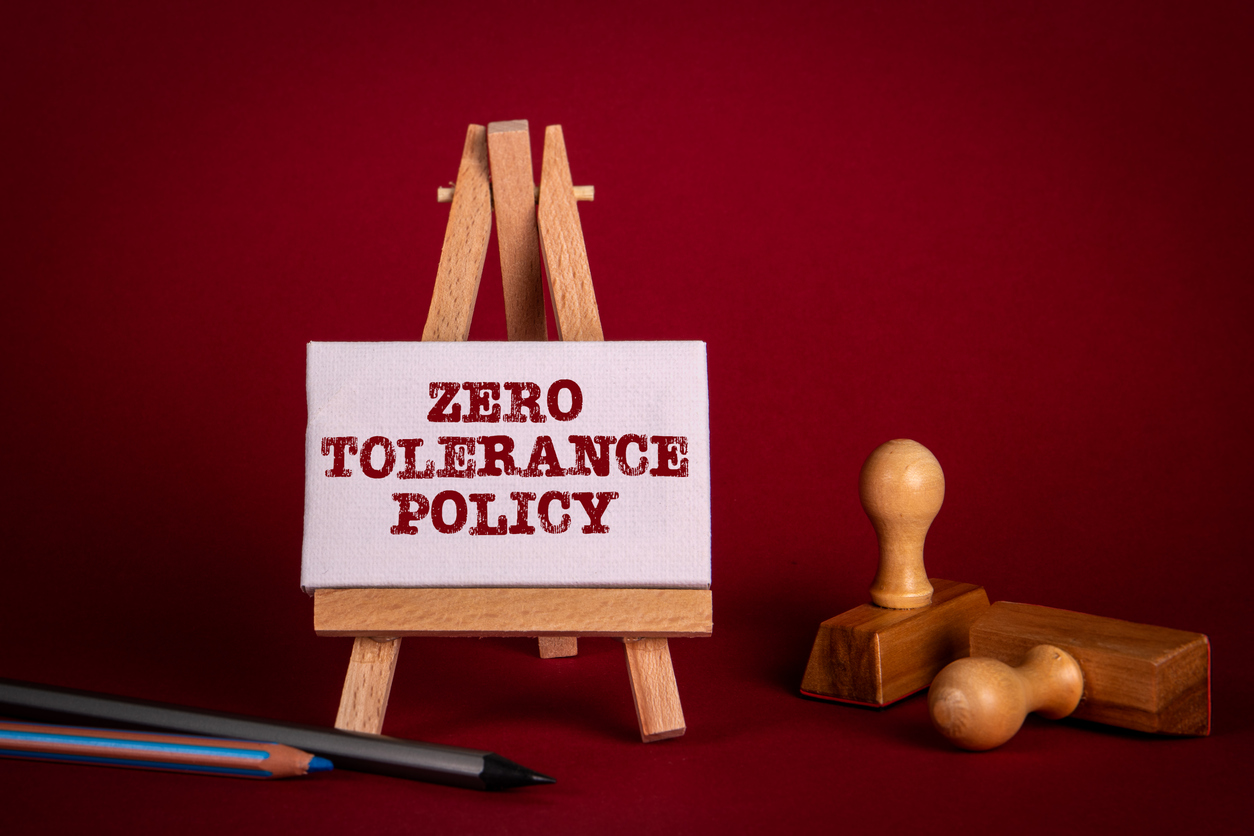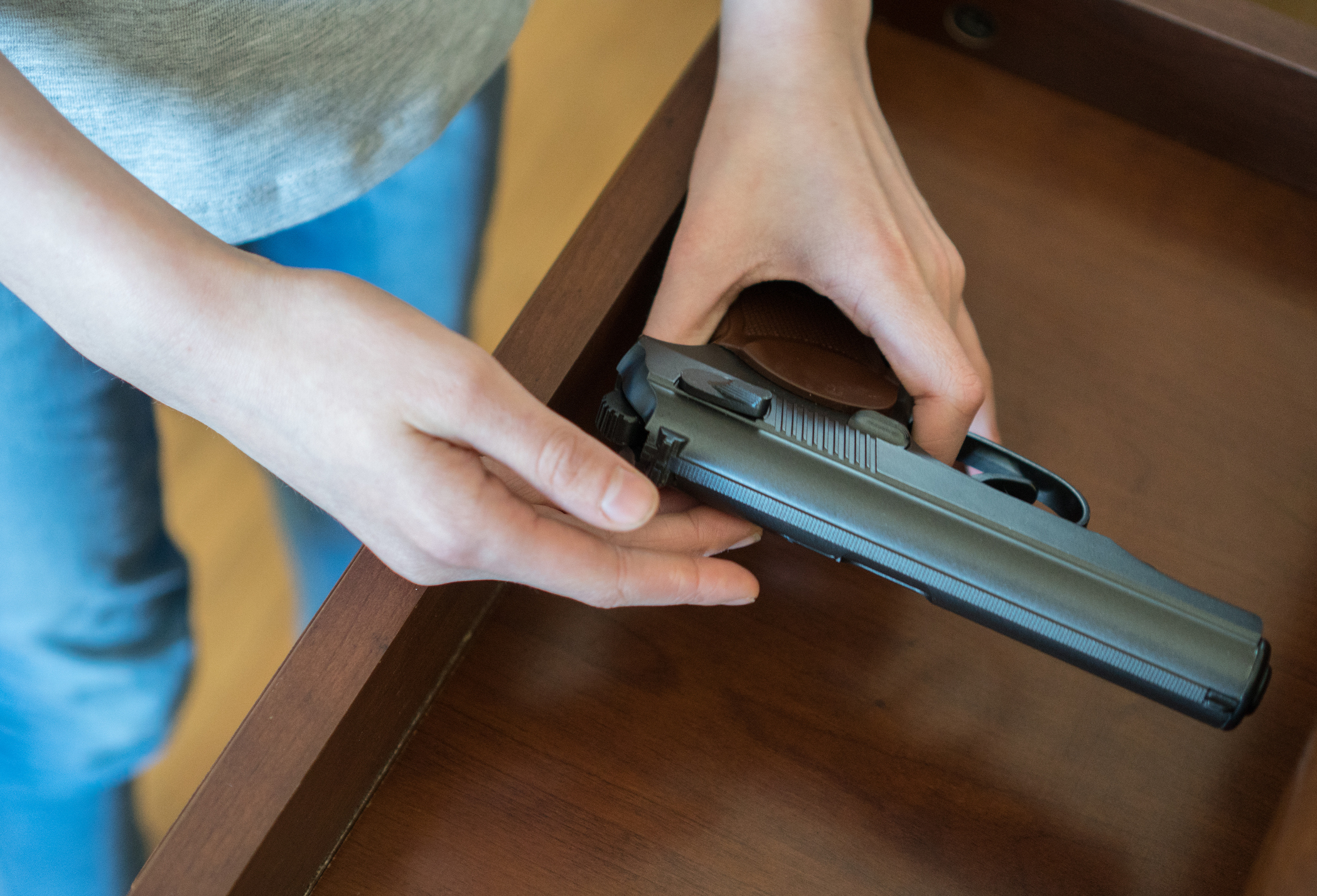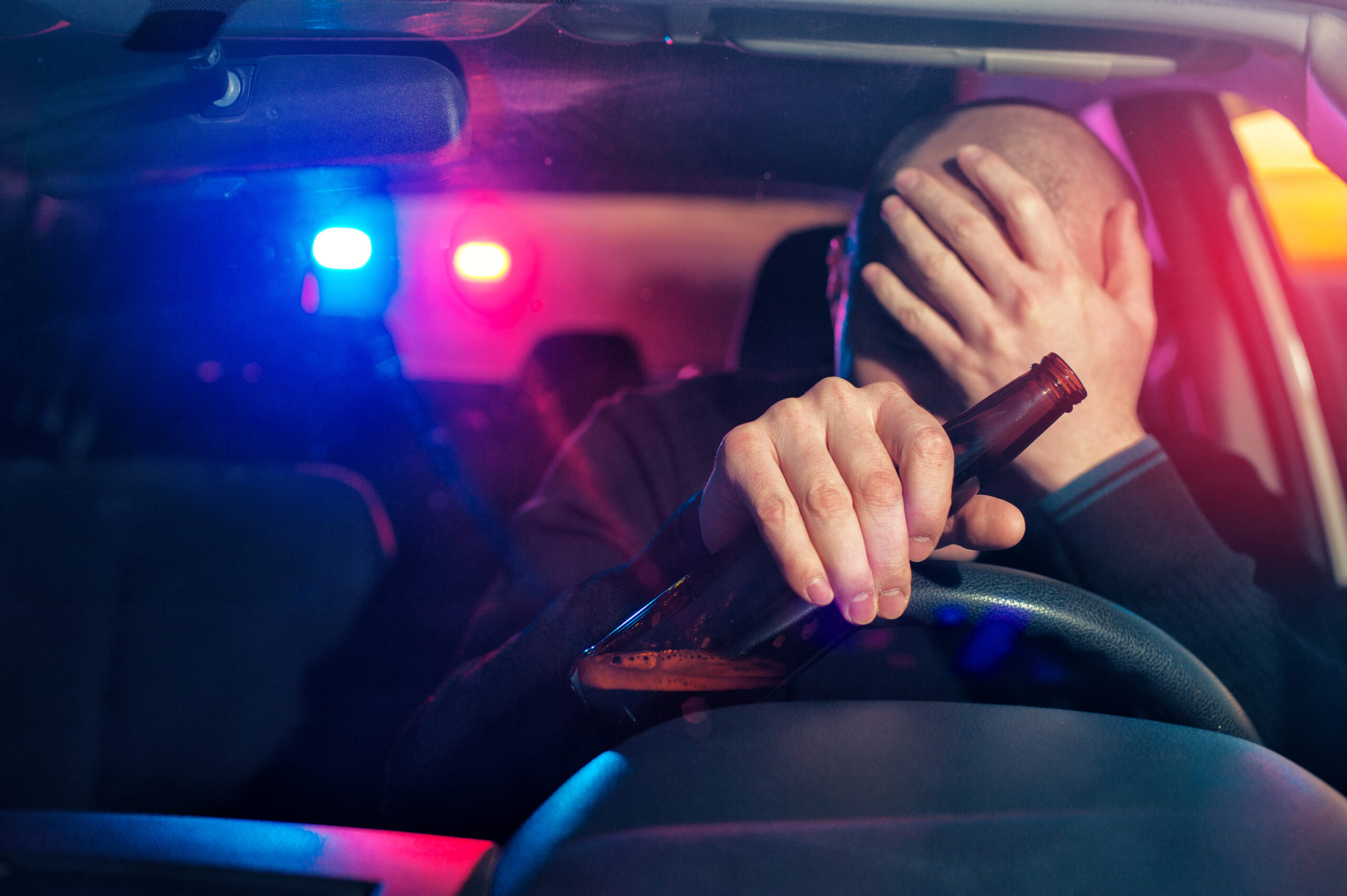What You Need to Know About Texas’s Zero Tolerance Policy and Underage Drinking and Driving Charges
The minimum legal drinking age in all states, including Texas, is 21. Anyone who is found to be consuming alcohol while under the age of 21 is subject to the state’s strict zero tolerance law and the relevant penalties. However, a survey conducted in 2022 showed that 33 percent of those between the ages of 18 and 20 had consumed at least one drink in the past month, while 14% of those aged 15 to 17 had done the same. For teens and young adults of driving age, pairing alcohol with driving can result in DUI charges.
Understanding Texas’s Zero Tolerance Policy for Underage Drinking
Drunk driving offenses are referred to as DWI (driving while intoxicated) in Texas, but if the driver is under the legal drinking age, it is called DUI (driving under the influence). The charges refer to the same thing: the driver was operating a vehicle with a blood alcohol concentration (BAC) higher than the legal limit for their age. While the legal limit for adults 21 and older is 0.08 percent, the zero tolerance policy for minors means that there is no legal amount of alcohol you can have in your system if you are under 21. Drivers can be — and are — arrested for DUI if there is any detectable amount of alcohol in their system, even if their BAC is only 0.01 percent.
Does Implied Consent Apply to Minors?
The most common method officers use to determine whether someone has been drinking and driving or has a BAC over the legal limit is to use a chemical test, such as a breath, urine, or blood test. Many drivers may believe that they are able to avoid a DUI charge by refusing to provide a sample for a chemical test, but Texas has an implied consent law. This means that by virtue of having a Texas driver’s license, you are agreeing to provide a sample for a chemical test if the officer has probable cause that you are under the influence of alcohol or another substance. This also applies to minors.
While chemical tests are generally only conducted by force in situations where there was an accident causing serious injury or a fatality, there are serious consequences if you try to refuse a breath test. It can result in an automatic suspension of your driver’s license for 180 days if you were already under arrest, and in most cases, it won’t keep you from being charged with a DUI.
Arrest Procedures for Underage Drivers
There are certain procedures that have to happen when someone is stopped and arrested for drunk driving to ensure that the laws are followed and the driver’s rights are protected. These can vary depending on whether the driver is under or over the age of 18. However, what is constant is that the officer must have probable cause to pull you over. This could be related to suspected drinking and driving, such as seeing the driver get into the car with an open container, or a traffic-related offense, such as speeding or running a red light.
If the results of a chemical test show that an underage driver has a detectable amount of alcohol in their system, they will be placed under arrest. This involves having their rights read to them and being taken to the sheriff’s office or another facility for processing.
Under the Age of 18
The main difference in the arrest procedure for someone under the age of 18 is that the parents will be notified immediately of the child’s arrest. This ensures that they can retain legal representation for their child as quickly as possible. There are also some differences in where juvenile offenders are taken. For instance, they may be transported to a juvenile processing office to wait until their parents arrive.
Penalties Under the Zero Tolerance Policy
The consequences for a DUI conviction under the zero tolerance policy are severe. They apply to DUI convictions related to alcohol or drugs and increase in severity if the defendant has prior convictions.
First offense:
- 60-day license suspension
- Up to 40 hours of community service
- Up to $500 in fines
- Required alcohol awareness class
Second offense:
- 120-day license suspension
- Up to 60 hours of community service
- Up to $500 in fines
- Required alcohol awareness class
Third and subsequent offenses include longer license suspension terms. If the driver is between the ages of 17 and 21, fines can be increased as well.
These penalties apply to those under the age of 18 who are being charged as a minor. It is possible for minors to be charged as adults in some cases. This can increase the potential penalties substantially, including being sentenced to jail time.
If you or your child is currently facing these charges, you need the help of an experienced Texas DUI attorney who can advocate for your rights and help you avoid a conviction.
How Can You Fight DUI Charges?
Fighting DUI charges is possible with the help of an experienced attorney. Having an underage drunk driving charge on your record can impact your future, including your eligibility for college. An attorney can help you defend yourself against these charges, whether that involves getting the charge dismissed or agreeing to participate in a diversion program to avoid a conviction on your record.
If you or your child has been charged with a DUI, call the law offices of Seymour & Vaughn at 830-282-8751. We offer free consultations for clients in New Braunfels, Texas, as well as in San Marcos, Texas, and the surrounding areas.








